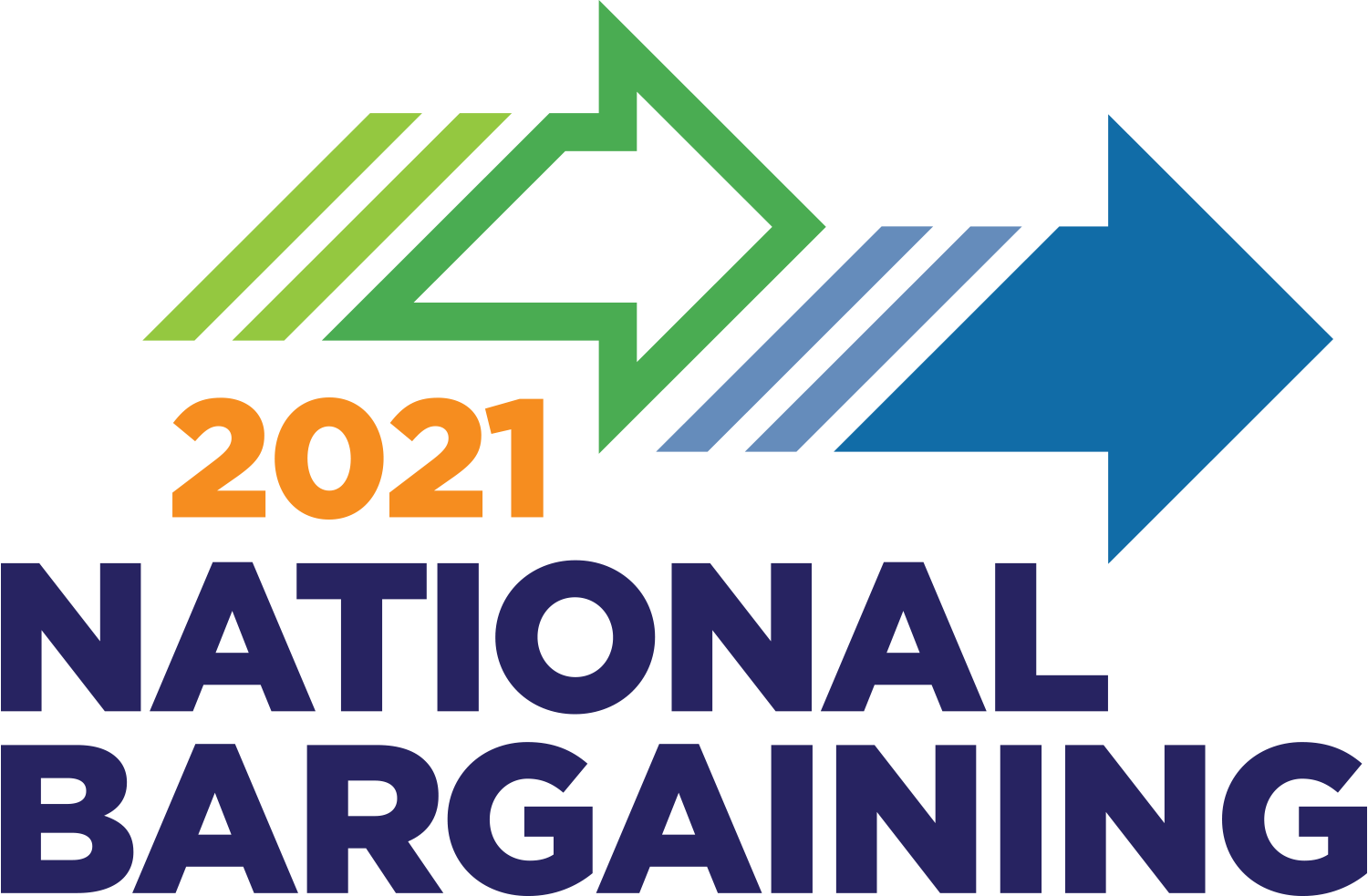Louise Dempsey, UFCW Local 1996 business agent
A business rep talks about union activism in the South—at Kaiser Permanente
Louise Dempsey is the business representative for UFCW Local 1996 in Atlanta. She spoke with LMP communications consultant Laureen Lazarovici about her experiences as a union activist in the South.
In the late ’60s and early ’70s, my mom worked for the Social Security Administration. She transferred often for her job, so we moved a lot. She was in the union, and she organized two of the offices she got transferred to in order to get better benefits. One was in the hills of Tennessee, where there were a lot of coal mines and a lot of poverty. She once worked for a group of attorneys and mobilized her co-workers to get better wages. There was a lot of disparity in pay in terms of gender and race. Sometimes, they didn’t exactly like her. She earned the reputation as the go-to person. People would say, “If anybody can get it done, it’s Mildred.”
Unions at Kaiser Permanente
And today, here we are in the South. It is not strong union territory. Because of Georgia’s so-called “right to work” law, employees can work for KP here whether they join the union or not [in contrast to KP regions in other states with stronger worker protection laws]. But people join because they know that the stronger we are, the more we can stand up for ourselves. We have to talk to folks about the benefits of working for a unionized company. I worked for KP as an LVN before there was a union. Our wages were all over the place and assignments were based on favoritism. We’ve had people come to work for KP because it’s unionized.
When they hear about the Labor Management Partnership, they say, “I’ll sign up.” They understand they have a voice, they can be part of a UBT, they can affect the direction their team is going, and say what they need and want and be heard. Sure, we have to educate managers, but we have to educate employees about unions, too. When I talk at new employee orientation, I tell them we are there as a mediator, facilitator, advisor. You are not by yourself anymore. I’ve got your back and your front and your side, too. With the Labor Management Partnership, KP is always offering opportunities for employees to learn, like the Ben Hudnall Memorial Trust. I have been in the medical field for 30 years, and folks are always thirsting for more knowledge.
Getting used to a new way of doing things
Folks in management come into Kaiser and they are not used to unions or the partnership. We have to educate them: We have a union, we have a contract, we have a partnership. We educate them about a union environment and also that we are not the traditional head-butting adversarial union.
Normally, when I go into a meeting at KP, there is not a whole bunch of posturing. People want to get to a solution. There is no name-calling, finger-pointing or yelling. It makes a difference. Partnership benefits the local because I have open access to the employees. I went to five facilities recently. I was not stopped once. It is always, “Hi, how are you, who do you need to see?” My co-workers at the local who represent employees at other companies don’t all have that. KP has not relegated me to a break room or to certain hours. I can have a bulletin board in the break room. I have the time to speak with new hires during orientation. They don’t censor the questions the employees ask or the ones I answer. That’s partnership.

